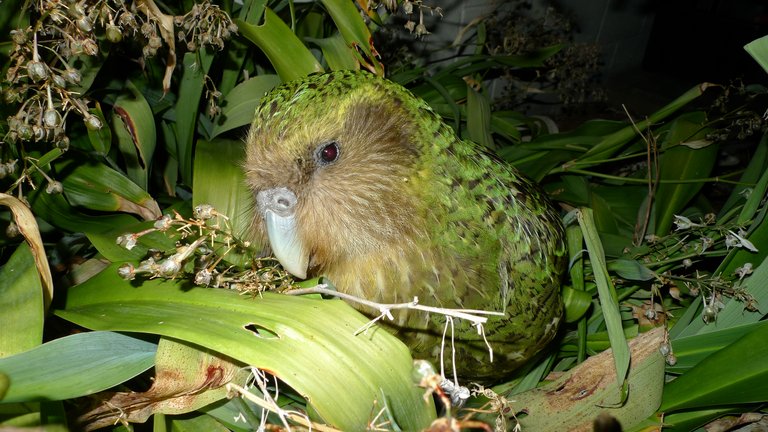Genetic diversity has declined in more than 600 species over the past 30 years

An extensive meta-analysis of research over the past 30 years has revealed that most species are losing genetic biodiversity, especially mammals and birds. They have studied 628 species of terrestrial and marine ecosystems of all kinds: animals, plants, fungi and chromids, that is, all except bacteria and arcs. The results have been published in the journal Nature, open (https://www.nature.com/articles/s41586-024-08458-x): the loss affects two-thirds of the species, including those in which no damage was observed.
Genetic diversity is closely linked to adaptive capacity, for example, to overcome an outbreak of a disease, or to survive climate change. The results are very worrying, the researchers say.
It is known that some human activities (destruction of habitats, pollution, etc.) have eliminated some species and put others at risk of extinction. This study demonstrates that the loss occurs not only in the number of species, but also in the genetic diversity of each species.
On the other hand, researchers have reported that conservation measures reduce the risk of loss of genetic diversity. However, once it is reduced, it is very difficult to restore it, sometimes impossible.
Limitations or shortcomings of the study have also been recognized, such as the limited availability of data from Africa and the Middle East.
However, they confirm that the loss of genetic diversity is significant worldwide and in many species, and that conservation measures have a beneficial effect. They are calling for conservation strategies.
Buletina
Bidali zure helbide elektronikoa eta jaso asteroko buletina zure sarrera-ontzian








